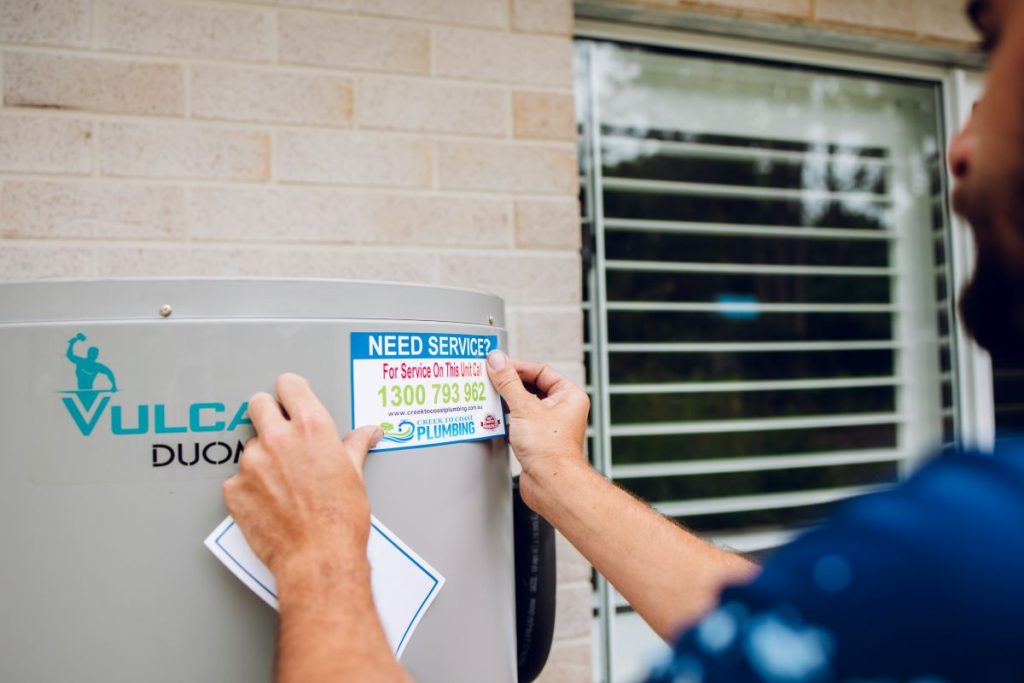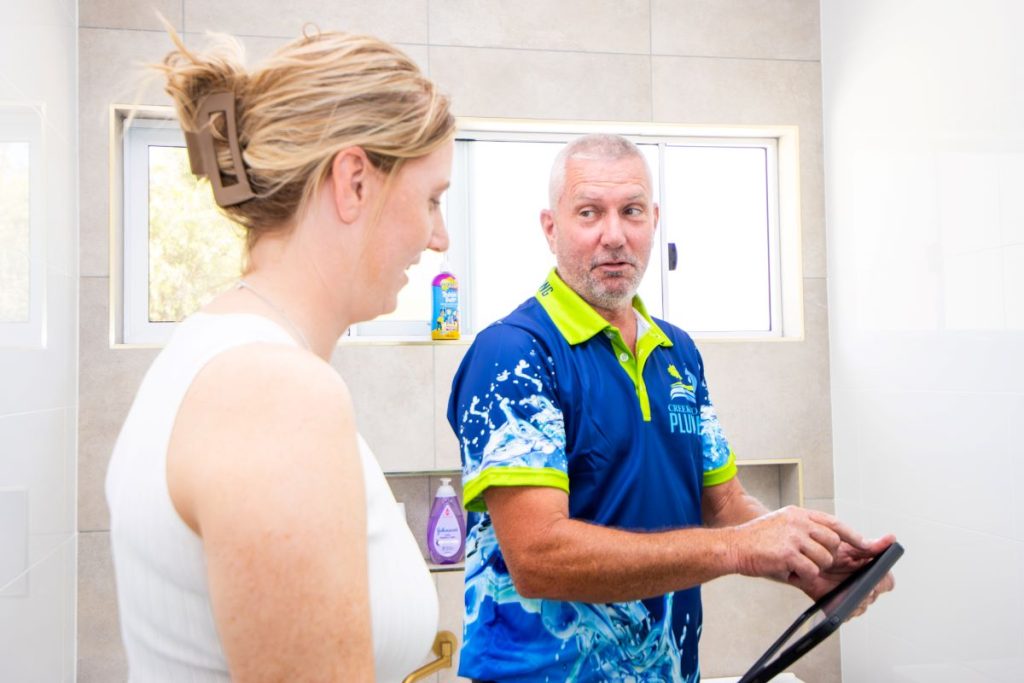Hot water systems are essential components of your home, working continuously to ensure that you have access to hot water whenever you need it. However, similar to all household appliances, these systems eventually reach the end of their operational lifespan. Being aware of the signs that indicate your system is due for replacement is crucial to avoid uncomfortable situations such as cold showers, potential water damage, and costly emergency repairs that can disrupt your daily routine and lifestyle.
What is the expected lifespan of your hot water system? The longevity of these systems can vary greatly depending on the type of system you own and the level of maintenance it receives. By conducting regular inspections and providing proper care for your system, you can significantly extend its operational life and ensure reliable performance throughout the years.
Let’s explore the specifics in greater detail to enhance your understanding.

Uncover the Lifespan of Various Hot Water Systems
Here’s a comprehensive overview of what you can generally expect regarding the lifespan and performance of the most common hot water systems found in Queensland homes:
Electric Storage Hot Water Systems
- Lifespan: 8–12 years
- Reasons for Failure: Frequent issues include internal corrosion, worn-out anode rods, and sediment buildup, which can significantly impair performance and efficiency.
- Signs to Monitor: Be on the lookout for rusty or discolored water, leaks near the base of the unit, or slower heating times, as these may indicate underlying problems that require immediate attention.
Gas Storage Hot Water Systems
- Lifespan: 8–12 years
- Reasons for Failure: Similar issues to electric models may arise; however, gas systems can fail earlier, especially in coastal areas where salty air can exacerbate wear and tear.
- Signs to Monitor: Keep a close watch for pilot light issues, lower water temperatures, or unexpectedly elevated gas bills, which can indicate inefficiency or malfunction.
Instant Gas Hot Water Systems (Continuous Flow)
- Lifespan: 10–15 years
- Reasons for Longevity: These systems do not utilize a storage tank, which significantly minimizes the chances of corrosion that can lead to failures over time.
- Signs to Monitor: Watch for inconsistent water temperatures, ignition failures, or a noticeable decrease in water flow rate, which may suggest a need for professional servicing.
Electric Instant Hot Water Systems
- Lifespan: 10–15 years
- Common Issues: Failures often arise from malfunctioning heating elements or thermostats, which can significantly compromise overall performance.
- Warning Signs: Be vigilant if your water fluctuates between hot and cold or takes longer than usual to reach the desired temperature, as these could indicate underlying issues that require attention.
Heat Pump Hot Water Systems
- Lifespan: 10–15 years
- Efficiency: These systems are known for their high energy efficiency; however, they may be sensitive to climate conditions and their installation location, which can significantly affect performance.
- Signs of Trouble: Be aware of unusual noises, prolonged heating cycles, or rising energy bills, all of which may indicate that your system needs a thorough inspection.
Solar Hot Water Systems
- Lifespan: 15–20+ years for solar panels, 8–12 years for the storage tank
- Note: Typically, the storage tanks tend to wear out before the solar collectors, which can impact overall system performance and efficiency.
- Signs to Monitor: Be alert if your water fails to heat effectively on cloudy days, or if you observe rusty water or issues with booster operations, as these may indicate underlying problems.

Identify the Warning Signs of a Failing Hot Water System
Even before your hot water system reaches its anticipated lifespan, it may begin to display warning signs that indicate it is under stress and may need immediate attention. These concerning symptoms include:
- Fluctuating Temperatures
If your water takes longer to heat up or runs out more quickly than it has in the past, it may be time to investigate further to avoid any further complications. - Rusty or Discolored Water
This often signals corrosion within the tank or a deteriorating anode rod, both of which necessitate immediate attention to prevent further damage and costly repairs. - Unusual Noises
Popping, gurgling, or banging sounds during the heating cycle frequently indicate sediment buildup inside the tank, which can negatively affect efficiency and performance. - Leaks or Pooling Water
Even a minor drip can signify that your tank may be cracking or that the valves are beginning to fail, requiring prompt inspection to avoid significant water damage. - Higher Energy Bills
An aging unit often struggles to produce the same amount of hot water, causing it to work harder and leading to increased energy costs, which may indicate that a replacement is necessary.
How Seasonal Changes Affect Hot Water System Performance
In Queensland, the transition from warm to cooler months can pose significant challenges for older hot water systems. As outdoor temperatures drop, these systems must exert more effort to maintain the desired water temperature. Those that are nearing the end of their lifespan may experience complete failure during this critical time, leading to discomfort and inconvenience.
Recognizing the Right Time for Hot Water System Replacement
If your system exhibits any of the following characteristics, it may be time to consider a replacement:
- Over 10 years old
- Frequently experiencing breakdowns or requiring repairs
- Failing to meet your household’s hot water demands consistently
- Exhibiting visible signs of wear, damage, or corrosion
If you identify these indicators, it could be the right moment to explore an upgrade.
At Creek to Coast Plumbing, we do not merely replace your unit; we also evaluate various factors such as your family size, water usage habits, energy preferences, and the layout of your property to recommend the most efficient and cost-effective hot water system tailored specifically to your needs and circumstances.

Make an Informed Choice: Selecting the Ideal Hot Water System for Your Household
Based on your individual needs and household requirements, our expert team may recommend the following options:
- Electric or Gas Storage systems for their reliability and cost-effectiveness, making them suitable for traditional homes.
- Continuous Flow (Instant) systems ideal for smaller homes or households with lower hot water consumption needs.
- Heat Pumps that offer substantial energy savings, particularly beneficial in warmer climates where they can operate efficiently.
- Solar Hot Water systems designed for long-term cost savings and environmental sustainability, promoting a greener lifestyle and reducing your carbon footprint.
Additionally, we assess whether the current location of your hot water system is optimal or if relocating it could enhance performance and overall efficiency, ensuring that you receive the best possible service.
Seize the Opportunity for a Hot Water System Upgrade
Replacing your hot water system at the right time is not solely about preventing system failure; it also presents a unique opportunity to upgrade to a more reliable, energy-efficient model that better aligns with your lifestyle and household needs.
If your unit is showing signs of aging or if you are uncertain about which system will be optimal for your home, the licensed plumbers at Creek to Coast Plumbing are here to provide you with expert guidance tailored to your specific situation and requirements.
The Article: Hot Water System Lifespan: A Guide for Queensland Homes first appeared on https://writebuff.com
The Article Hot Water System Lifespan Guide for Queensland Homes Was Found On https://limitsofstrategy.com

